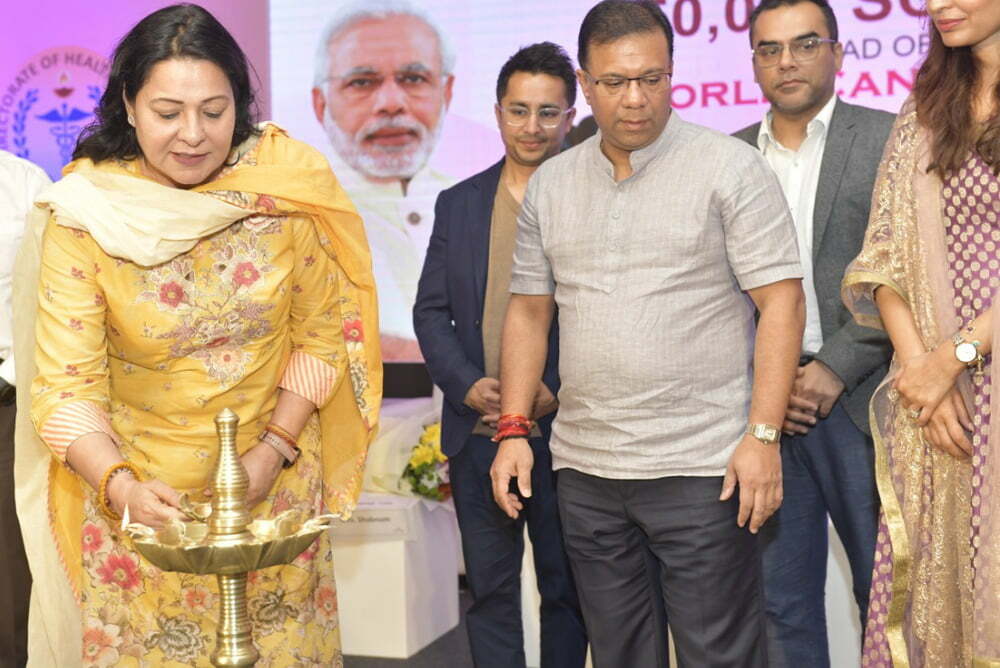

January Cervical Cancer Awareness Month
POSTED ON 07 February, 2023
Cervical cancer is a type of cancer that occurs in the cells of the cervix, the lower part of the uterus that connects to the vagina. January is Cervical Cancer Awareness Month, and it’s an important time to focus on prevention and early detection of this disease.
Globally, cervical cancer is the fourth most common cancer in women, with an estimated 570,000 new cases and 311,000 deaths each year. In India, cervical cancer is the second most common cancer among women, with more than 131,000 new cases and 74,000 deaths each year.
The main cause of cervical cancer is infection with the human papillomavirus (HPV). HPV is a common sexually transmitted infection that can cause changes in the cells of the cervix that can lead to cancer.Certain types of HPV, called high-risk types, are more likely to cause cervical cancer. These types of HPV can be passed from person to person through sexual contact.
Other than this, people who have weakened or suppressed immune systems due to HIV, immunosuppressant drugs, or other factors are more vulnerable to HPV, and so to cervical cancer. HPV passes from person to person mainly through sexual contact. People who have sex from a younger age or have more partners are statistically more likely to contract HPV. Women who have used birth control pills for a long period of time have a slightly increased risk of cervical cancer. Women who have a family history of cervical cancer may have a higher risk of developing the disease themselves.
Ways to prevent cervical cancer include:
Getting the HPV vaccine, which is useful in preventing new HPV infections, though it does not treat existing ones.
Having regular screenings: Even a person who has gotten the vaccine should have regular screenings for HPV and cervical cancer. These screenings, called Pap smears, can detect precancerous cells on the cervix, allowing a doctor to remove them and prevent the cancer from developing.
Not smoking: People who have never smoked should avoid it, and people who currently smoke should try to work toward quitting.
Using condoms during sex: Using a barrier method of contraception during all sexual activity may prevent HPV from passing from one person to another. However, condoms do not cover all the skin on which HPV might live, so this is not a completely reliable method.
Limiting sexual partners: If a person wants to, they can also lower their risk of contracting HPV by reducing their number of partners or practicing a form of abstinence. This might involve having no sex of any kind or only abstaining from certain types of sex.
It’s important to spread awareness about cervical cancer and the HPV vaccine during January and throughout the year. By working together, we can reduce the number of women affected by this disease and save lives.
focus on prevention and early detection of this disease.







